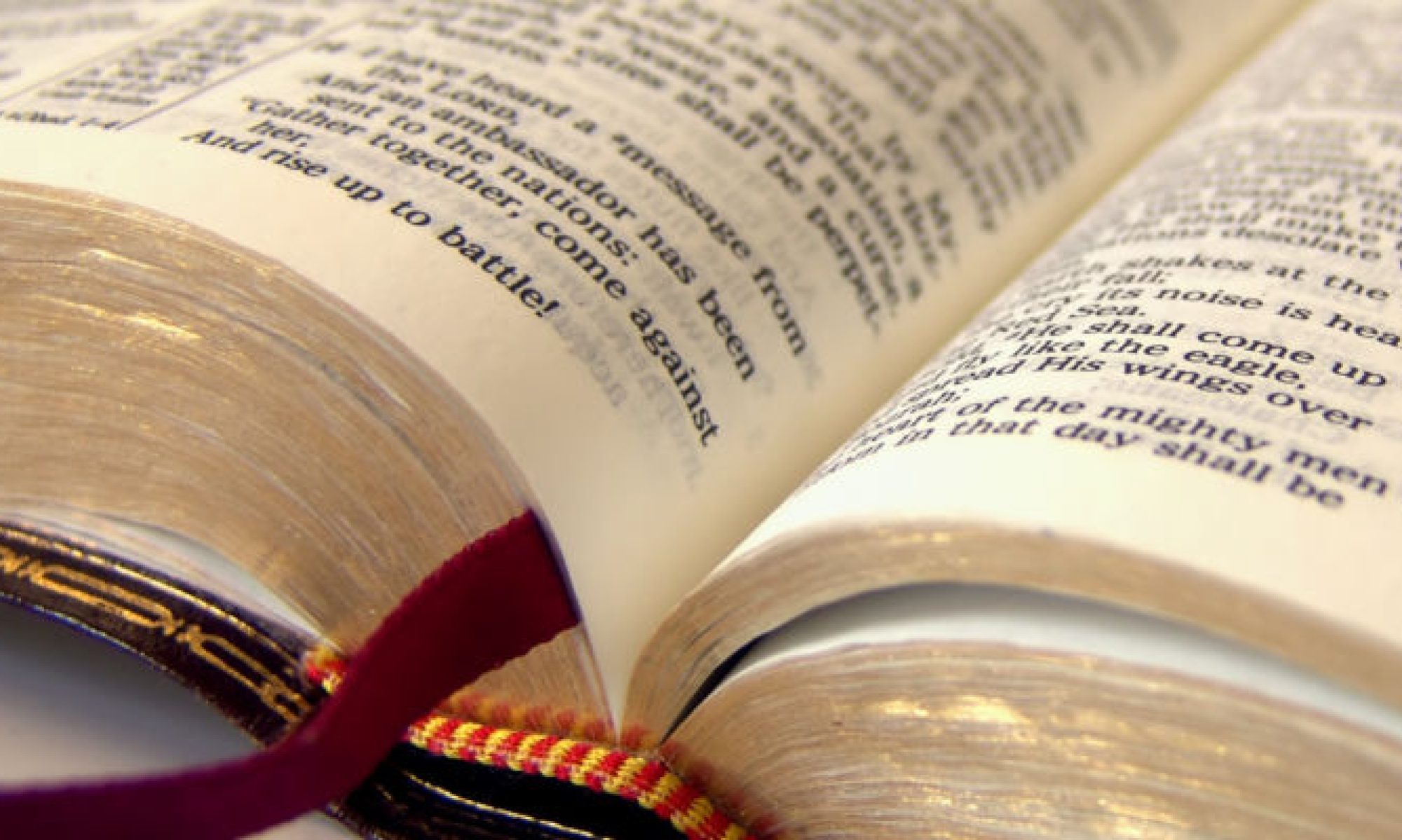Brothers and sisters,
Two weeks ago, I wrote to you all about some of what we’ve been discussing in our Wednesday Night Bible Study meetings. We’ve been reading through the book Worship Come to Its Senses by Don E. Saliers and we’ve been thinking about some of the “senses” that Saliers says worship may be missing. Last night, we talked about some of what Saliers has written about the sense of delight that we can find in worship. And there was one phrase he used that sticks with me today. He talked about a Christian way of living into “the marriage of duty and delight.” And that can seem like a strange phrase, but I’ll give you an example that may seem a little weird at first, but bear with me.
Right now, I’m replaying one of my favorite games. It’s a cozy farming simulator called Stardew Valley. The plot is simple enough: your character was working a thankless job in the city when they learn that, in his will, their grandfather left them his old farm in Stardew Valley. As the player, you then go about the business of reviving your grandfather’s farm. It’s a really easy, relaxing game (so relaxing, in fact, that I sometimes fall asleep while playing it, dooming my character to run into the side of a mountain until I wake up). And there are so many amazing things you can do in the game! You can fight monsters and clear out old mines. You can restore the local community center and help revive not just your farm, but your whole community. You can build structures and plant your crops in such a way that you create a farm that not only produce lots of crops, but looks beautiful. And all that is wonderful—I take great delight in playing the game! But to get to all that, you have to do the basic things. Crops have to be watered. Weeds need to be cut away. Animals need to be fed. Resources have to be gathered. There is a certain sense of duty that goes along with Stardew Valley. Certain things have to be done on certain days. But if you master those basic things, you can see opportunities to do delightful things within the game. But is starts with your regular duties.
In a similar way, when we come to worship each week, even on those days we don’t necessarily feel like coming, we begin to see opportunities for delight. We become more familiar with the structure of worship and we can begin to see moments that bring us joy. When we come to worship regularly, we learn our favorite hymns and get to sense the joy that comes from hearing them sung by a room full of people. When we come to worship dutifully, we can hear the communion liturgy and internalize it, remembering the traditions of the church — the ones that teach us of God’s love — have been passed down for generations dating all the way back to the disciples themselves. When we come to worship regularly, we can learn about the things happening in each other’s lives and we can see the ways that God may be calling us to love our brothers and sisters, to reach out to our community, or to grow in our faith. And in doing all of that, we experience the joy and delight of a God who loves us deeply. The “marriage of duty and delight” is that understanding that God is with us in everything and because of that, we can take joy in everything.
Grace and peace,
Pastor Ben

